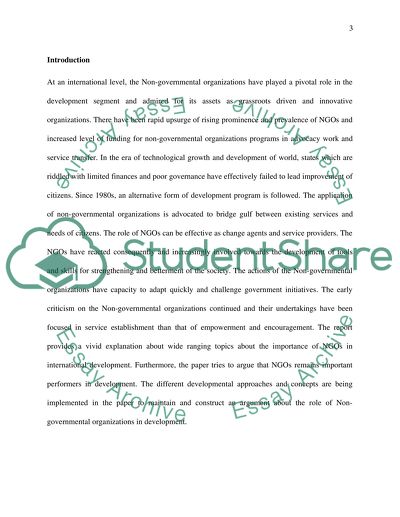Cite this document
(“Critique the role of NGOs in development. Are they more effective as Essay”, n.d.)
Critique the role of NGOs in development. Are they more effective as Essay. Retrieved from https://studentshare.org/miscellaneous/1688260-critique-the-role-of-ngos-in-development-are-they-more-effective-as-service-providers-or-as-advocateschange-agents-subject-is-international-relation
Critique the role of NGOs in development. Are they more effective as Essay. Retrieved from https://studentshare.org/miscellaneous/1688260-critique-the-role-of-ngos-in-development-are-they-more-effective-as-service-providers-or-as-advocateschange-agents-subject-is-international-relation
(Critique the Role of NGOs in Development. Are They More Effective As Essay)
Critique the Role of NGOs in Development. Are They More Effective As Essay. https://studentshare.org/miscellaneous/1688260-critique-the-role-of-ngos-in-development-are-they-more-effective-as-service-providers-or-as-advocateschange-agents-subject-is-international-relation.
Critique the Role of NGOs in Development. Are They More Effective As Essay. https://studentshare.org/miscellaneous/1688260-critique-the-role-of-ngos-in-development-are-they-more-effective-as-service-providers-or-as-advocateschange-agents-subject-is-international-relation.
“Critique the Role of NGOs in Development. Are They More Effective As Essay”, n.d. https://studentshare.org/miscellaneous/1688260-critique-the-role-of-ngos-in-development-are-they-more-effective-as-service-providers-or-as-advocateschange-agents-subject-is-international-relation.


